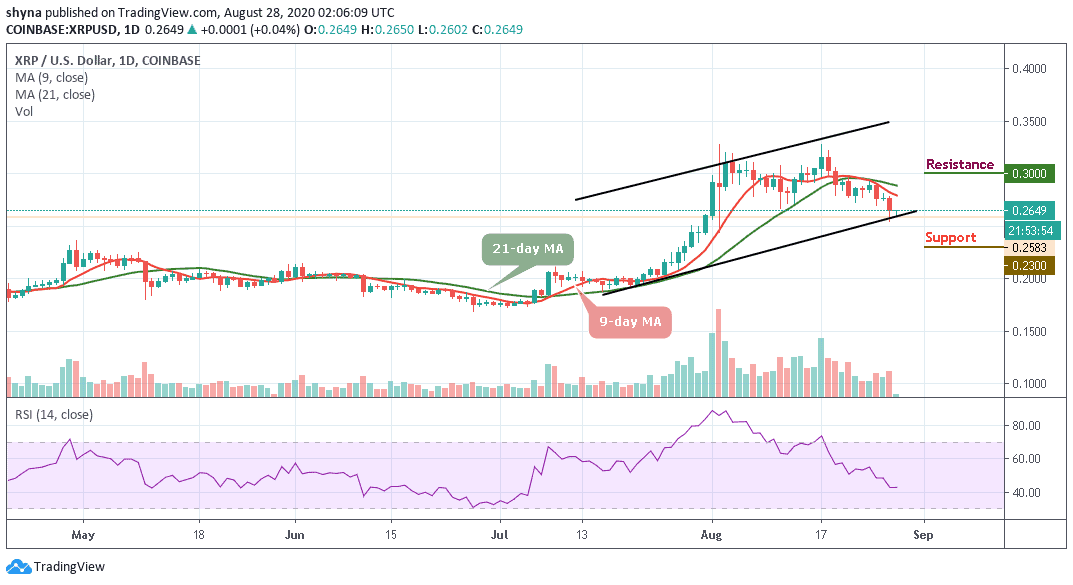Join Our Telegram channel to stay up to date on breaking news coverage
Blockchain’s capability to optimize the democratic process has been a particular point of interest for a while now. While there are many potential applications for the integration in the West, Russia also appears to be moving towards a viable system.
Progress Despite Slight Failures
This week, local news sources confirmed that Rostelekom, a telecoms giant in the country, had partnered with the Ministry of Digital Development and Communications to test a blockchain-based voting system.
According to the reports, the system was developed by the Waves Enterprise. In preliminary tests, interested parties tried out the platform’s technical capabilities and functions on 30,000 people, with promising results. Votes were reportedly counted using homomorphic encryption, and the entire process took less than a minute.
With homomorphic encryption, calculations will result in the same output regardless of the underlying data’s state. While the results were impressive, officials also pointed out that they found some usability issues to fix over time.
As for the next steps, the developers will test the system at a partial parliamentary election in the Yaroslavl and Kursk regions between September 11 and 13, 2020. Before deployment, they also plan to conduct a mock election on August 31, 2020, as a final test.
This isn’t the first time that Russia has given blockchain-based voting a go. In June, state-owned news source TASS reported that the government had tried using Exonum, a blockchain-based voting system, for some constitutional amendments. However, the system, which was developed by full-service blockchain firm Bitfury, suffered an attack from the node of an election observer.
A government official told the news source that the attack didn’t cause a system malfunction. So, all casted votes were recorded on the blockchain. However, the system still got criticism for being prone to fraud and manipulation.
Blockchain Voting Could be a Reality Soon
The possible applications of blockchain for voting have been particularly highlighted worldwide in 2020. With the coronavirus pandemic forcing many aspects of society to go online as a means of survival, many have touted blockchain’s possible use in preserving the democratic process.
In May, a staff memo revealed that the United States Congress was considering blockchain as a means for the Senate to vote amid the pandemic. Proposed by the Permanent Subcommittee on Investigations’ Roundtable on Continuity of Senate Operations and Remote Voting in Times of Crisis event The memo suggested that blockchain be deployed along with end-to-end encryption to facilitate voting.
The United States Postal Service (USPS) also filed a patent for a blockchain-based voting system recently. The filing came after the Trump administration threatened to cut funding for the agency over mail-in ballots.
“This development relates to a voting system that also incorporates the use of cryptographic elements, such as blockchains, as are used with cryptographic currencies, to track and secure the vote by mail system,” the patent filing explained, adding that voters require ease of access when they vote.
For now, many have questioned the viability of blockchain voting. Whether it gets adopted or not, its significance in the discussion is a sign of possibly better things to come.
Read more:
- AAAS’s Researchers State Blockchain Fails To Provide Secure Online Voting
- Blockchain Voting Could be Key Following Ballot Box Fire Incident in Boston
Join Our Telegram channel to stay up to date on breaking news coverage


